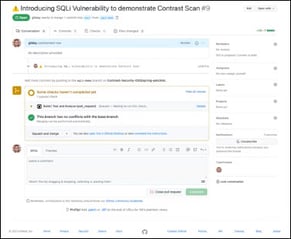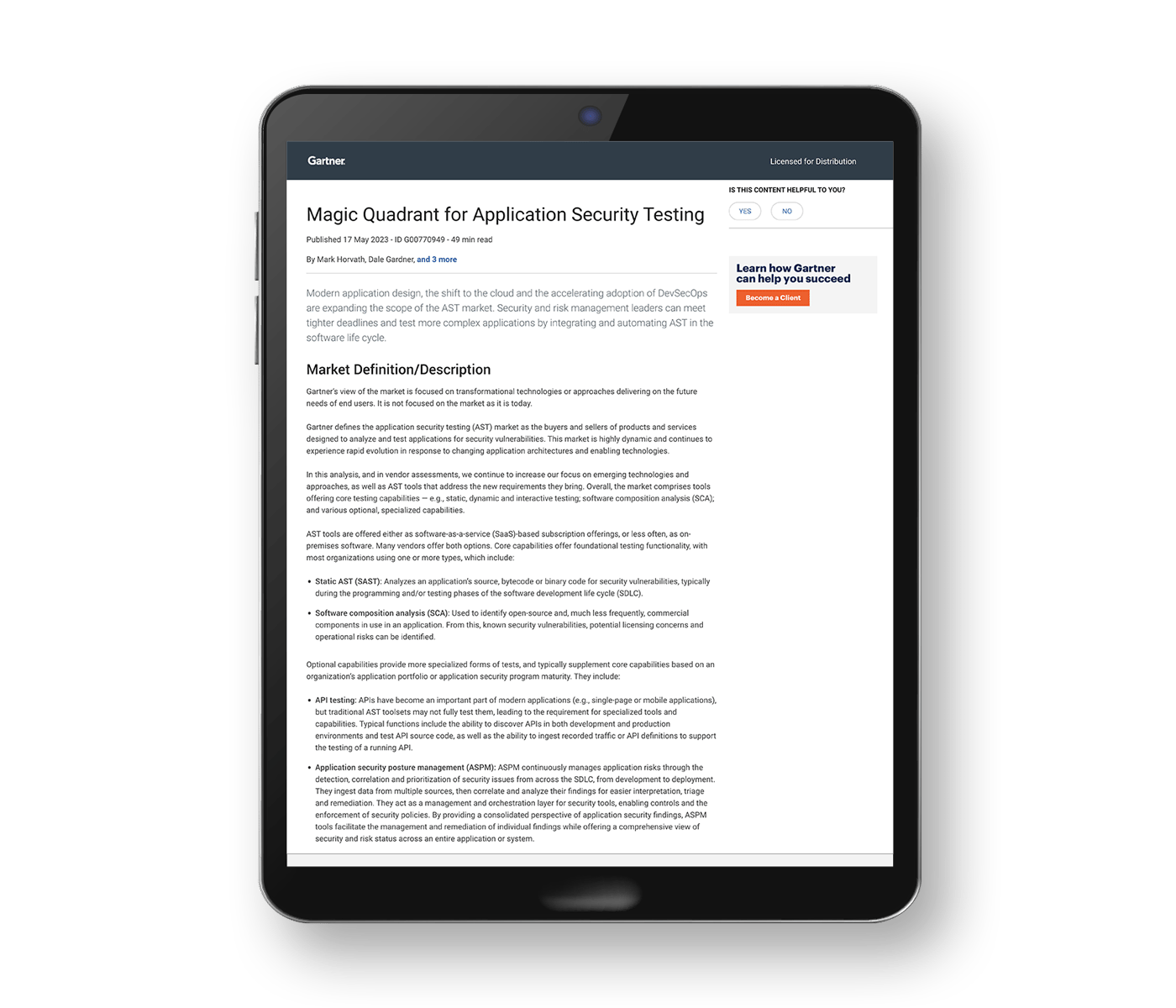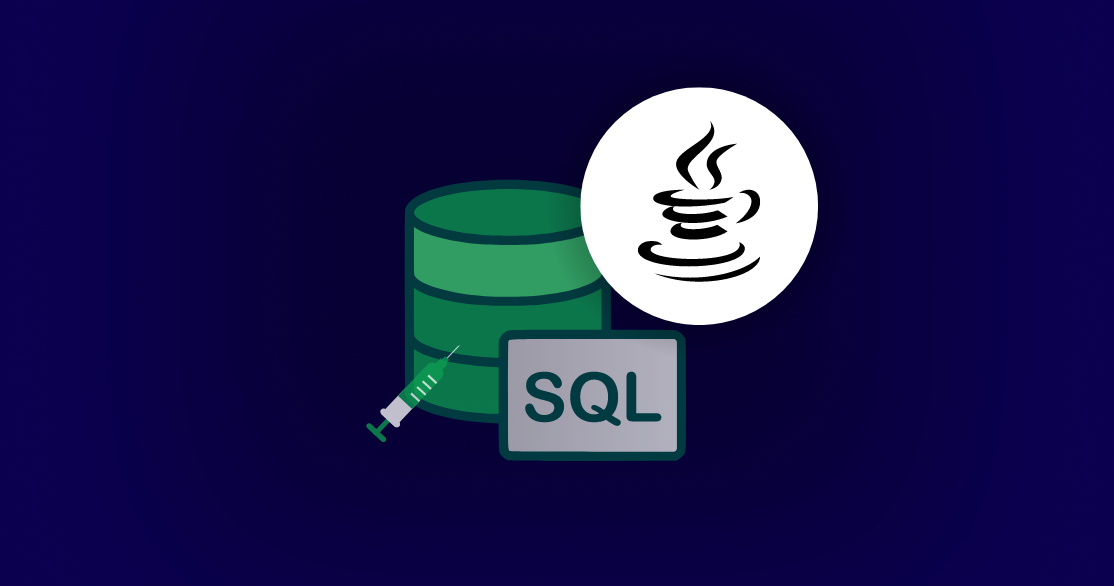Runtime Security
Runtime Security: Enhancing Application Protection Throughout the Software Development Life Cycle
Explore Runtime Security SolutionsTable of Contents
What is Runtime Security?
Runtime Security is defined as protecting software everywhere it runs. Typically, runtime is thought of as relating to the production phase of the Software Development Life Cycle (SDLC), but it actually extends through the entire SDLC — from development, to testing, and onto runtime production, as well as across the full application stack, covering frameworks, applications and application programming interfaces (APIs), libraries code, and custom code.
Runtime Security addresses the root cause of application security issues by monitoring and protecting applications during their execution. It actively analyzes the application's behavior, data flow and operational context to identify and potentially mitigate or send alerts regarding security threats in real time. This approach offers immediate defense against attacks and vulnerabilities while the application is running, as opposed to static security measures that are applied during the development phase. It empowers development to enhance application health and enables operations teams to manage application security threats more effectively, resulting in improved security and reduced costs.
What does Runtime Security provide visibility into?
Runtime Security takes a zero-trust approach to application security by embedding intelligent agents directly into code, arming applications with smart sensors that allow you to observe and analyze software as it runs with unprecedented accuracy. This inside-out protection extends from the development environment to production, ensuring robust security wherever your applications operate. As such, Runtime Security gives visibility into runtime data, the binary code, the HTTP requests and the data flows — everything you need to identify potential vulnerabilities in real time. This provides developers early feedback so they can fix vulnerabilities before merging their code. That same runtime agent continues to protect the application in production as well, stopping any zero-day vulnerabilities that become exploitable.
What is the difference between Runtime Security and traditional approaches such as static analysis?
Contrast's Runtime Security — including IAST (Interactive Application Security Testing), RASP (Runtime Application Self-Protection) and runtime SCA (Software Composition Analysis) — actively monitors and analyzes application behavior in real time, identifying and potentially blocking threats as they occur. In contrast, static analysis, a traditional approach, examines the application's codebase without executing it, identifying vulnerabilities based on predefined patterns. Runtime Security offers real-time protection and insights, while static analysis provides a preliminary vulnerability assessment during the development phase.
What benefits does Contrast Security’s Runtime Security enable?
Runtime Security prevents potential exploits in production and stops insecure programming in development. All application vulnerabilities can be seen and fixed in real time in development, testing, and in production. All from one platform.
Through a single, unified Runtime Security platform, Contrast Security delivers continuous, contextual and comprehensive protection with in-depth application observability, autonomous security testing and zero-day threat protection for all applications. Contrast Security’s Runtime Security elevates the current Application Security (AppSec) operating model with better technology to drive faster, more accurate results. This in turn empowers developers and leads to innovation, collaboration and defensible security.
Our Runtime Security tool provides real-time protection and deep insights into your applications' operations. This includes:
- Autonomous Security Testing: Automated, precise testing that identifies vulnerabilities as they appear, with full context into runtime data. binary code, HTTP requests and data flows
- In-depth Application Observability: Generate an application blueprint to help you see more of the real threats that matter most, whether that means improving your threat modeling or guiding your penetration-testing services to the right areas.
- Zero-Day Threat Protection: Keep your applications secure against emerging attacks with our advanced, accurate defenses — defenses that don’t waste your time with a plethora of false alerts and false positives.
Contrast is the clear customers’ choice
Contrast is named a Customers’ Choice in the 2021 Gartner Peer Insights “Voice of the Customer”: Application Security Testing report. With the highest percentage of 5-star ratings, this is the third consecutive year Contrast has received this powerful endorsement from customers.
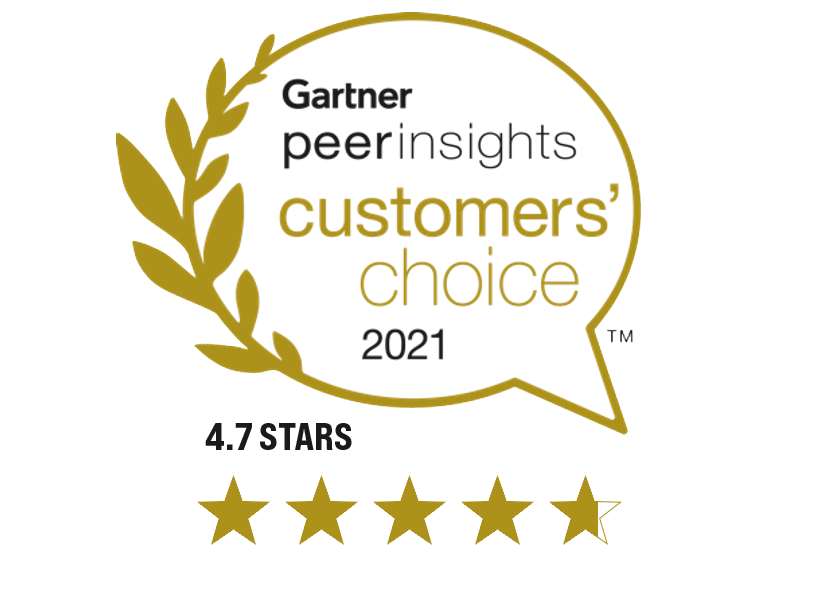
Built for Developers. Trusted by Security.



Learn Secure Code
.png?width=1114&height=586&name=Cross%20Site%20Scripting%20(XSS).png)
CROSS SITE SCRIPTING (XSS)
Learn about Cross site scripting (XSS) and how it affects your Java source code
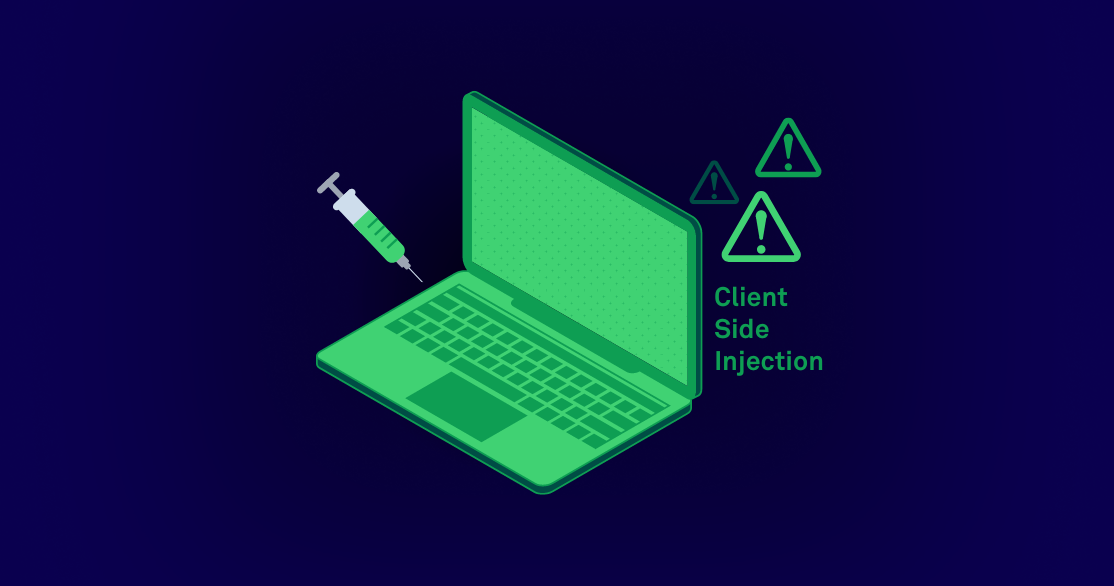
CLIENT SIDE INJECTION
Learn about client-side injection and how it can affect your source code

